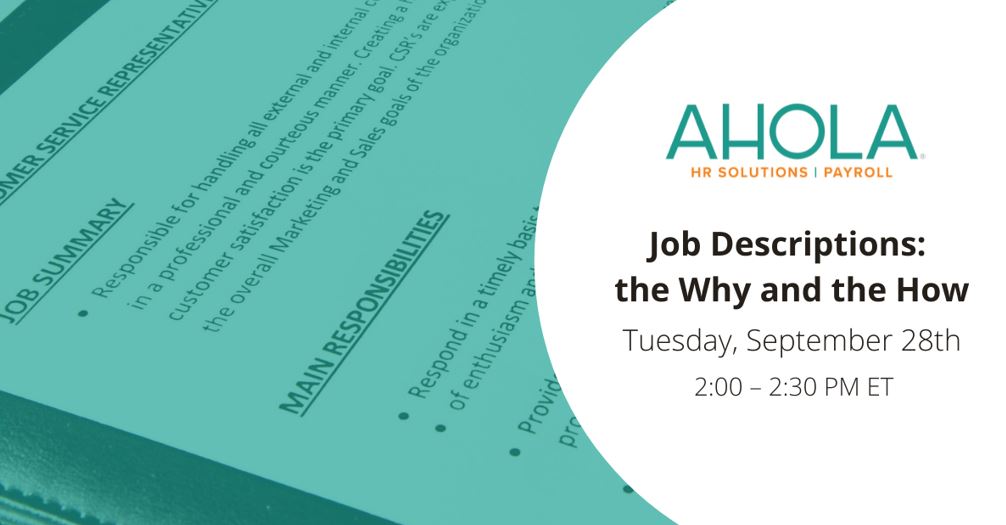Questions Employers Shouldn't Ask in a Job Interview
Review these examples of questions to avoid asking candidates in a job interview.
Protected Class
You should avoid questions that are not job-related or that cause an applicant to tell you about their inclusion in a protected class. These would include questions about race, national origin, citizenship status, religious affiliation, disabilities, pregnancy, sexual orientation or gender identity, past illnesses (including use of sick leave or workers’ comp claims), age, genetic information, or military service. You should also avoid asking about things that might be protected by state law (e.g., marital status and political affiliation).
Asking these sorts of questions could result in rejected candidates claiming that the decision not to hire was based on their inclusion in these protected classes rather than job-related considerations. We recommend looking at your state’s protected class list to be sure you don’t run afoul of it.
Ability to Perform Essential Job Functions
During an interview, it is advisable to present the candidate with a copy of the job description that lists all essential job functions, including any physical requirements necessary to perform the job, and simply asking the candidate if they are able to perform the job duties listed. For example, if the position requires someone to lift 25 pounds repeatedly throughout the day, you should ask the applicant whether they can lift 25 pounds repeatedly throughout the day. You should not ask whether they have back pain or any other physical issues that might prevent them from lifting 25 pounds or if they’d filed a workers’ comp claim when doing manual labor in the past. If you need someone to work Sunday mornings, you should ask the applicant if they can work Sunday mornings. You should not ask if they attend church or have other commitments that would prevent them from working Sunday mornings.
Disability or Medical Condition
If a candidate proactively acknowledges a disability or medical condition, we recommend that you refrain from addressing this candidate's mention of it directly. Instead, confirm that the candidate can perform the essential functions of the position with or without reasonable accommodation. You'll want to be certain that you are asking this question consistently of all candidates, and not just those who have disclosed a past medical condition or those you suspect may not be able to perform the essential functions of the position. It’s also important not to make assumptions about a candidate's ability to perform their job based on their having disclosed that they have a disability or other health condition.
Finally, unless a candidate has an obvious disability or has voluntarily disclosed that they have a disability, we would not recommend asking applicants if they would need an accommodation to perform job functions as it would have the effect of creating a pre-employment disability inquiry, which is prohibited under the Americans with Disabilities Act (ADA).
Looking for more HR guidance? Check out our blog and subscribe.
Content provided by Ahola's HR Support Center







Reply a Comment